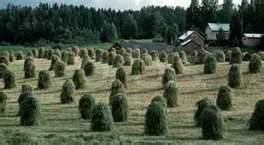
Midsummer in Scandinavia
“Make hay while the sun shines.”
The phrase always had a lascivious ring to it for me. It suggested someone trying to get away with something. It suggested slyness, a taking advantage, yes, well, that kind of advantage.
Until I went to Finland and found out what it really meant.
You can’t make hay in the rain. If you do, the hay will rot.
But hay is a natural thing, isn’t it? It’s not manufactured or processed, or mixed up in a factory. How can it be made?
Making hay refers to the cutting, drying and then collecting of the hay into ricks, stacks, bales or rolls and then the getting of it into your barn (or the covering of it up outside) so that your animals have something to eat over the winter. On a dairy farm, for example, it’s very important to make as much hay as you can.
“You don’t have to come out to the fields with us,” my Finnish hostess said to me on the morning of the first day of making the stacks, “It’s very hard work. Especially,” she looked at me meaningfully, “when you’re not used to hard work.” I had just arrived on her dairy farm a few weeks before fresh from Greenwich Village.
I don’t know if she was trying to apply reverse psychology, or if she really didn’t think I should come out to the fields with them, but the effect of her words upon me was that ten minutes later I was marching grimly out into a stubbly hay field with a pitchfork in my hand along with all the neighbors who had materialized from out of nowhere that morning to help us get the hay in.
You stab the pitchfork into the dry, mown hay. You lift a huge forkful of it up over the central pole of the stack and bring it carefully down. You place a stick in a small hole half-way up the pole to hold the lowest hay in place and then finish the stack. The last forkfuls you have to lift way up over your head and down onto the top of the pole. You grunt a lot when you are doing this.
With gritted teeth, I worked through to the mid-morning coffee and cake that was brought out to us in the fields. Then, I worked through to dinner, an enormous meal of meat and potatoes and bread. Then through to three o’clock blueberry tarts and coffee. I realized you can eat like a pig doing this kind of work and not worry about calories. I was looking forward to eating another heavy meal at supper.
When I limped in out of the fields at around five o’clock, I had a deep green blister on the underside of one of my feet. I hadn’t known blisters could be that color. Also, on the hand that had taken the weight of the pitchfork, I had four enormous balloons full of fluid. The skin on my shoulders and back felt like industrial-grade sandpaper from the sun burn I had gotten despite applying cream. And in the morning, my shoulders ached as if I’d been out lifting boulders all day.
But guess what? I stabbed, drained and taped up all the blisters. I put a shirt on over the burn and worked through the stiffness the next day, and the day after that until the hay was all in stacks, stacks which draped themselves over the summer fields like emerald necklaces.
Another thing I liked about making hay was the people. I was particularly struck with how they would just turn up. “But how do they know what day we’re going to make hay when you don’t call them to tell them?” I asked my hostess.
She looked at me in pity. “We all know when each other’s hay is ready.”
“But wouldn’t it be easier if they called to tell you they were coming? So you could plan?”
“Called to tell me?” she was scandalized, “tell me that they’re coming? Maybe they do that in Sweden.”
(Just for the record, any friends of mine who are reading this, I prefer if you call to tell me before you come.)
But I still remember the people who didn’t. And no matter how many years my life takes me away from my time on that Finnish farm, I still consider the months of June and July hay-making time. And I remember working in a hot Finnish field under a clear blue sky, sweaty, aching, mouth full of hayseed, but connected both to nature and to the people around me in a way I had never been before and have probably not achieved again since.
Make hay while the sun shines, for you never know, tomorrow it might rain.
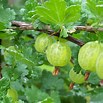
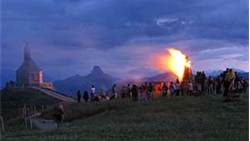
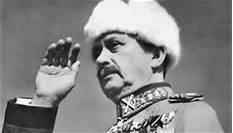
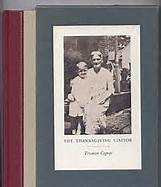

Great snapshots of life. Thanks.
Real wonderful visual appeal on this site, I’d rate it 10.
Thanks for the praise! Always appreciated.